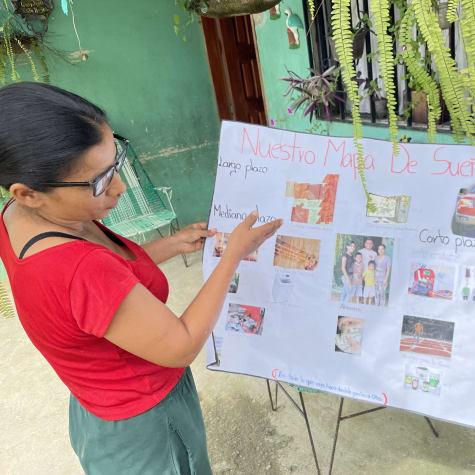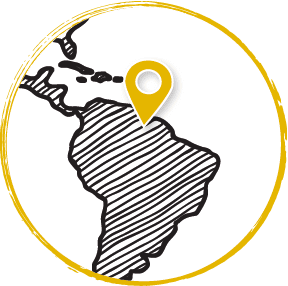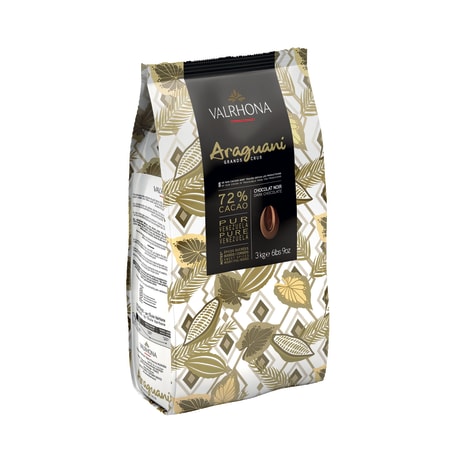
You are using an outdated browser. Please upgrade your browser to improve your experience and security.

Carupano, Sucre
10°33’46.2”N
63°10’41.3”W

Made from rare Venezuelan cocoa beans, ARAGUANI 72% can be compared to great wines with high tannins and a long lasting finish on the palate.

The Valrhona dark chocolate Pure Pastes are ideal for your mousses, crémeux and ganaches, ice creams and sorbets

Araguani’s touch of vanilla, woody notes and hint of bitterness take you on an adventure through Venezuela’s patchwork of mountains, forests and salt water lakes
You are using an outdated browser. Please upgrade your browser to improve your experience and security.